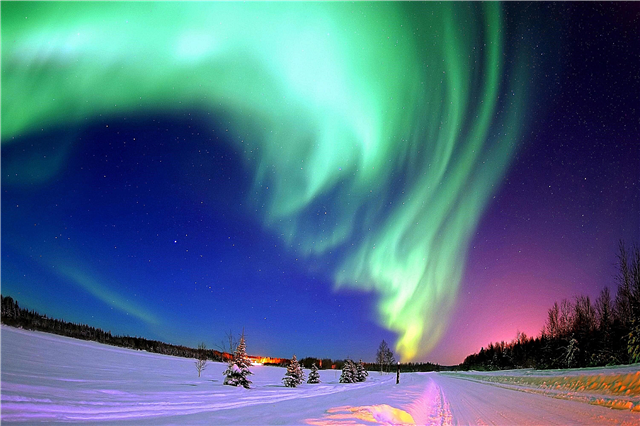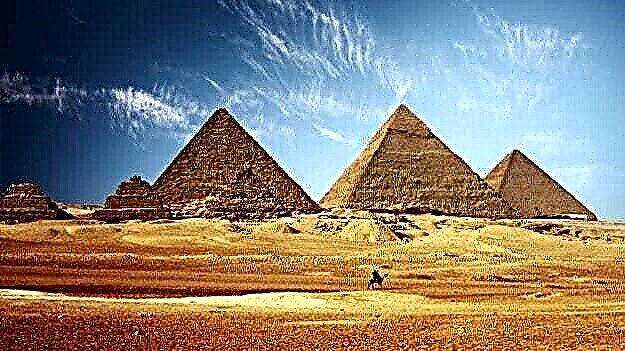
China is the most mysterious country in the east of the planet. A lot of difficulties creates: difficulties in understanding the language, confusion and unusual worldview, the multifaceted nature of culture.
Over a long period, the state has changed many names. Now familiar to the European’s ear, “China” was presented to him by Athanasius Nikitin, a Russian writer and traveler of the 15th century. That was the name of Chinese porcelain (translated from Latin). Over time, they began to call this word a country. And why are they still talking about her as "Celestial"? The answer lies in amazing history and philosophy.
"Celestial" from the depths of centuries
For hundreds of years, the people of the ancient country have been reliably sheltered from the rest of the world by impregnable mountains and four seas. Only tribes from the north, living and wandering nearby, encroached on calm. They were considered barbarians.
Hardworking Han (modern nationality of China) engaged in agriculture. In the Bronze Age, these lands united, and the kingdom of Shan arose. It was famous for its high standard of living, excellent weapons (especially bows) and a wealth of culture.
Honoring the ancestors living in heaven among the gods, the Chinese offered them gifts in exchange for the expected help and favor. It is not surprising that they considered the firmament not an infinite, but a round disk. In their opinion, it covers only part of the square land (exactly the one where the Han live). But barbarians did not have such grace.
The neighboring Zhou people over time conquered this territory, inheriting most of the traditions. The wise ruler Zhou-Gong managed to maintain the respect of his subjects, consolidating the cult of worship of Heaven, and making his own adjustments.
The influence of ideology and philosophy on the formation of the "Celestial Empire"
With the development of Confucianism, which determines the ways of finding harmony in human society, the veneration of Heaven only intensified. It gives the power of power only to the most worthy - the emperor. He, in turn, is guided by justice and virtue.
The gates to the blue vaults hang directly over the ruler’s palace. This is the center of the Middle Kingdom. One of the names of the country consisted of two hieroglyphs “Tien” - day, sky and “Xia” - bottom, foot. Another name for China, Zhong-Go, was translated as “Middle Empire.” It was understood that China is located between Heaven and the un blessed land inhabited by wild peoples. Hence the significance of the head of the country, representing the heavenly will of the sacred spirits of the ancestors.
Ideology also interpreted a special scheme of statehood. Around the ruler of the country, as in orbit, are the highest ranks, designed to fulfill his orders. The next circle is the rank of low officials. Then - commoners. At the last - savages of barbarian tribes.
The modern definition of "Celestial"

Despite the change of many events in the entire history of development, the amazing Han empire cherishes its devotion to traditions. Proof of this is the magnificent Temple of Heaven in the center of the capital.Built back in the 15th century, the complex served sacred purposes. Two weeks a year, the emperor consulted in his walls with the wisest heavenly spirits.
This happened at a time when the chapter especially needed their help before making an important decision. The ceremony was attended by all his advisers, the army and even war horses, elephants.
Today, the definition of "Celestial" has become much broader for modern Chinese. It means all states under a generous firmament. A poetic sounding term is more often used by foreigners and is preserved in the literature. However, the politely pronounced this word in relation to the country still causes an approving smile on the faces of residents.












